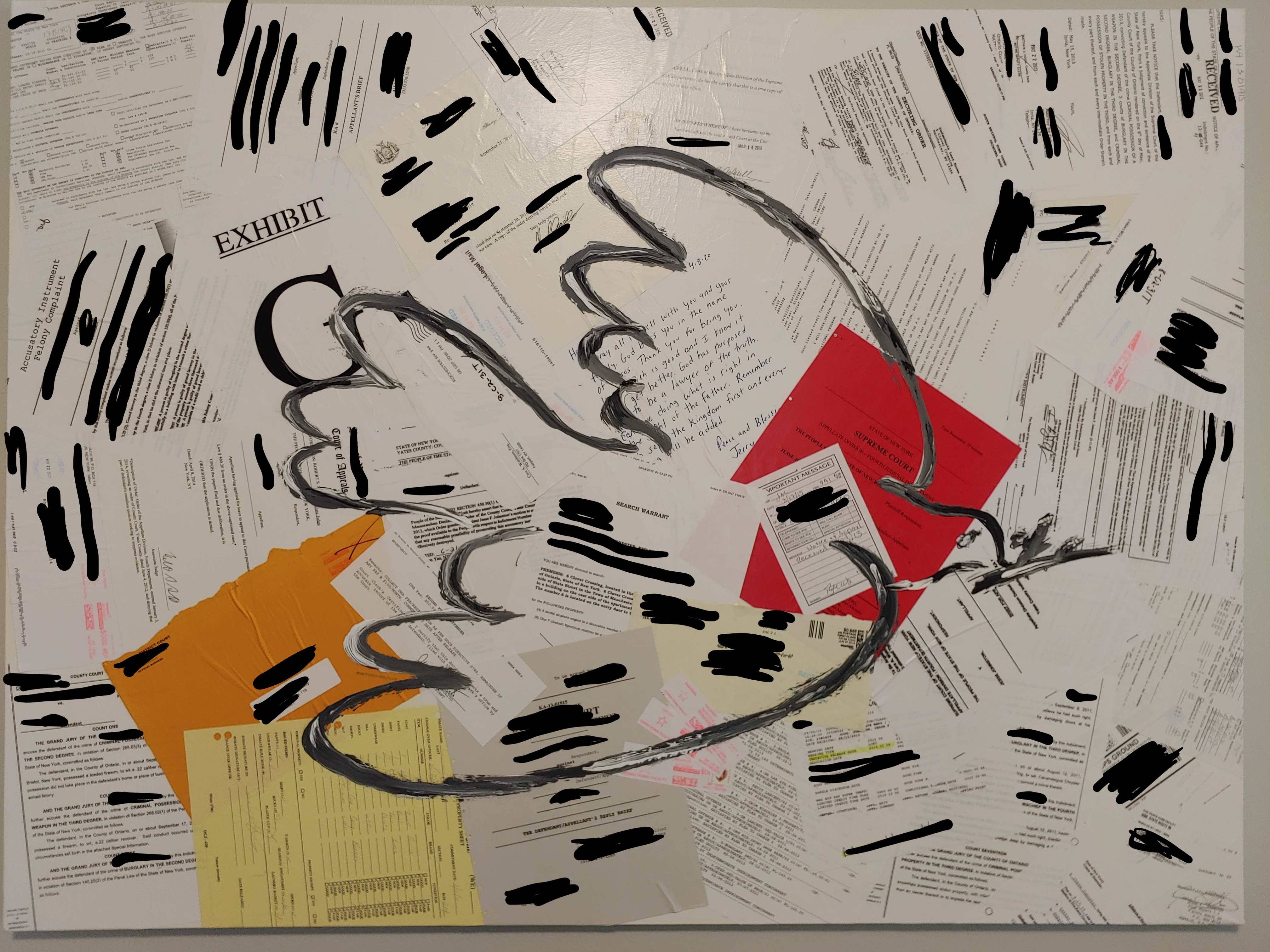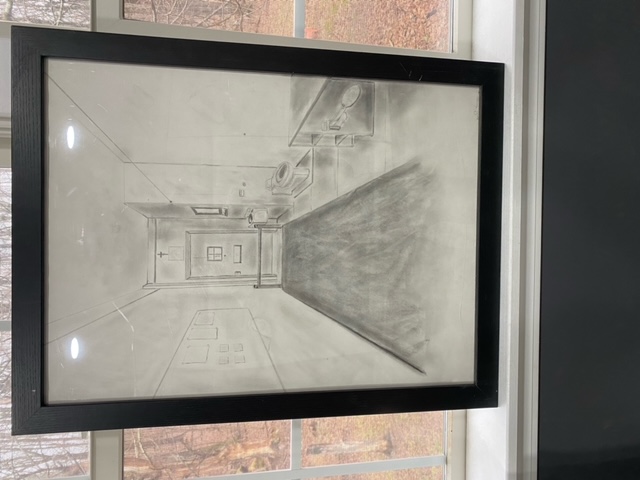Rachel Abouras
PhD Candidate Higher Education Studies & Leadership

We recently spoke with Rachel Abouras, a fifth-year Ph.D. Candidate in Higher Education Studies & Leadership, about her research, work, and passion for higher education and reaching those with the least access—the imprisoned. Rachel's research largely focuses on how the process of earning a college degree in prison shapes how a person views themselves in the future—especially how certain aspects of the college-in-prison experience may lead one to view their future self in a more positive, hopeful light. Rachel is a servant-hearted leader and researcher exemplifying the best Baylor has to offer.
Why did you choose to attend Baylor for Graduate School?
While I would be remiss not to acknowledge that the full-tuition scholarship offer was extremely attractive, I would say the biggest pull factor was simply the professors in my program.
What are your research interests?
Broadly speaking, my research centers on teaching and learning in prison.
What opportunities or implications stem from your research?
Higher education in prison (HEP) is currently at a turning point in the United States. Given the recent legislative decision to restore Pell Grant access to incarcerated individuals, the number of prison-based college programs is expected to increase dramatically in the coming years. There is therefore great opportunity to research these programs and better understand their effects -- both on incarcerated individuals and society writ large.
What research excites you right now?
I am excited by any research on the higher education in prison experience that is told from the incarcerated student perspective. More specifically, I am excited by the recent launch of the Journal for Higher Education in Prison (JHEP), which gives primacy to incarcerated and formerly incarcerated voices. I am also excited by the work of Prison Cells to PhD, a nonprofit dedicated to promoting and advocating for higher education for currently and formerly incarcerated men and women. They recently expanded their entire research department, so I am eager to see what work comes out of that department in the near future.
How does Baylor help you achieve your research?
I believe that Baylor has cultivated a true culture of research — a culture where research is embraced, supported, shared, celebrated, etc. So, in that sense, just simply studying at a place with such a strong research culture has helped nurture my curiosity and emboldened me to pursue my various research interests during my time here.
Additionally, Baylor has given greater meaning to my research through its distinctly Christian identity. By emplacing my research within the larger story of redemption and restoration, I am able to view such research through a new, more meaningful, lens. In my work specifically, I am often reminded that Scripture tells us to "remember those in prison" (Hebrews 13:3) and to extend grace and compassion to those who are incarcerated (Matthew 25:36). These biblical instructions help fuel my research, giving it a whole new layer of purpose, meaning, and joy.
If you are working on a thesis or dissertation, briefly describe your topic.
My dissertation focuses on how the process of earning a college degree in prison shapes how a person views themselves in the future. More specifically, I seek to understand how certain aspects of the college-in-prison experience may lead one to view their future self (otherwise known as their possible self) in a more positive, hopeful light.
Featured Publications and Fellowships
Summer research fellowship (Summer 2021)
Abouras, R. (in press). Carceral State University: On College-in-Prison and its Role Within the Larger U.S. Prison System. About Campus: Enriching the Student Learning Experience.

Image 1: One of my favorite parts of my dissertation research was having each participant create what is known as a “Life Map.” Put simply, Life Mapping is a form of artistic expression in which participants create visual representations to illustrate significant life events. For my study, participants had total creative freedom in depicting their personal college-in-prison journeys. The Life Maps thus provided a richer, more participant-centered view of the experience of earning a college degree in prison. Plus, the participants seemed to genuinely enjoy doing them!

Image 2: Throughout my dissertation research, I have been surprised (and humbled) at the number of participants who have followed up to share personal artwork that they created during and/or after their incarceration. Here is one of my personal favorites: A collage of one participant’s various court records with Picasso’s “Dove of Peace” painted over top.

Image 3: Here is another one of my personal favorites: A penciled sketch of a prison cell, which one participant drew for a college art course while incarcerated and now keeps prominently displayed in their home.

Image 4: This is a class photo shared by a participant, cropped to protect that participant’s (and the other students’) anonymity. Throughout my conversations with formerly incarcerated folks, as well as with college faculty who have taught in prison, students’ uniforms appear to play a rather important role in shaping the overall learning/teaching experience.